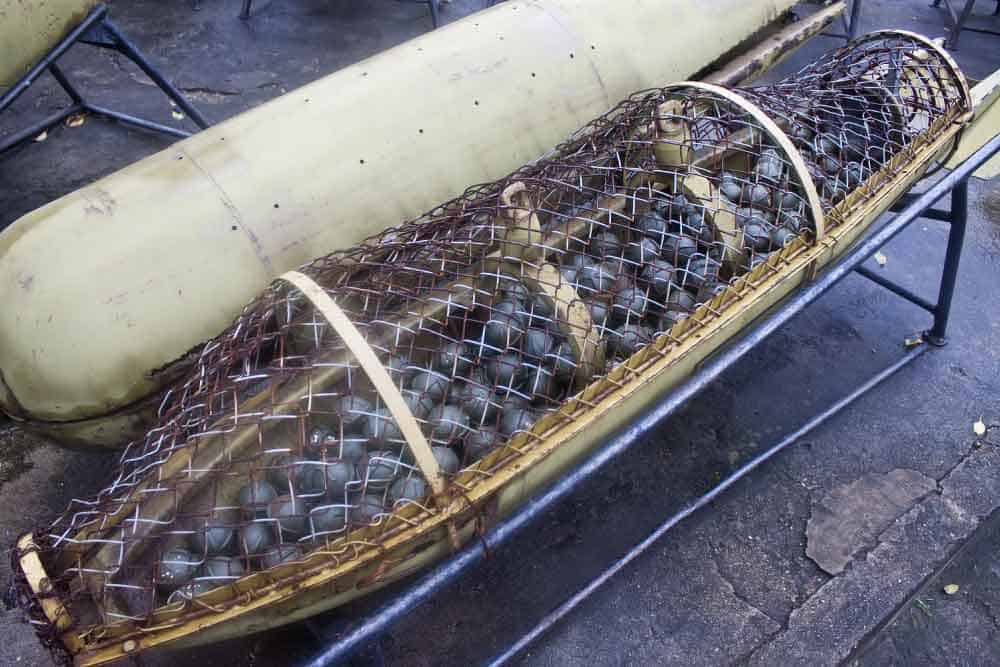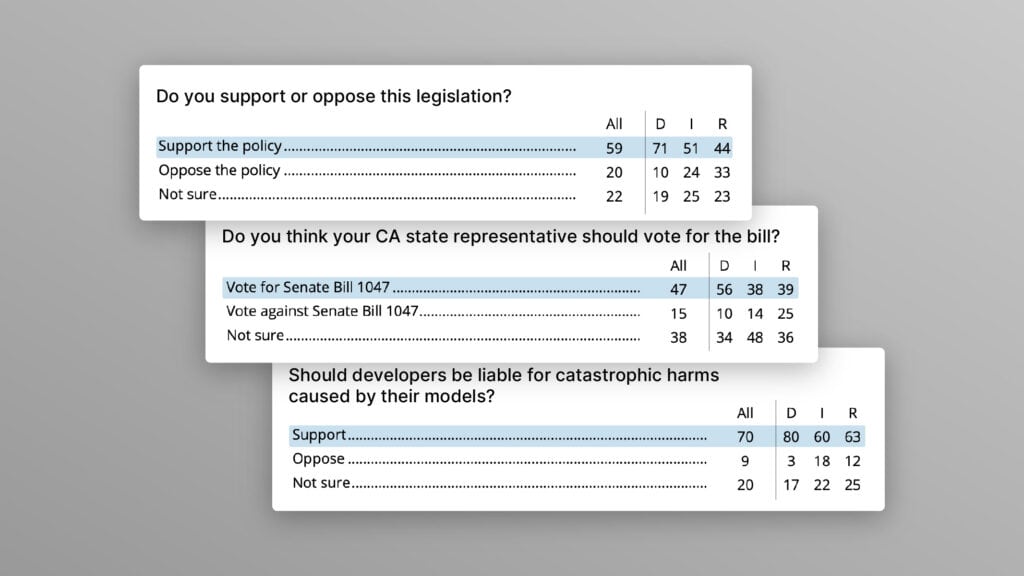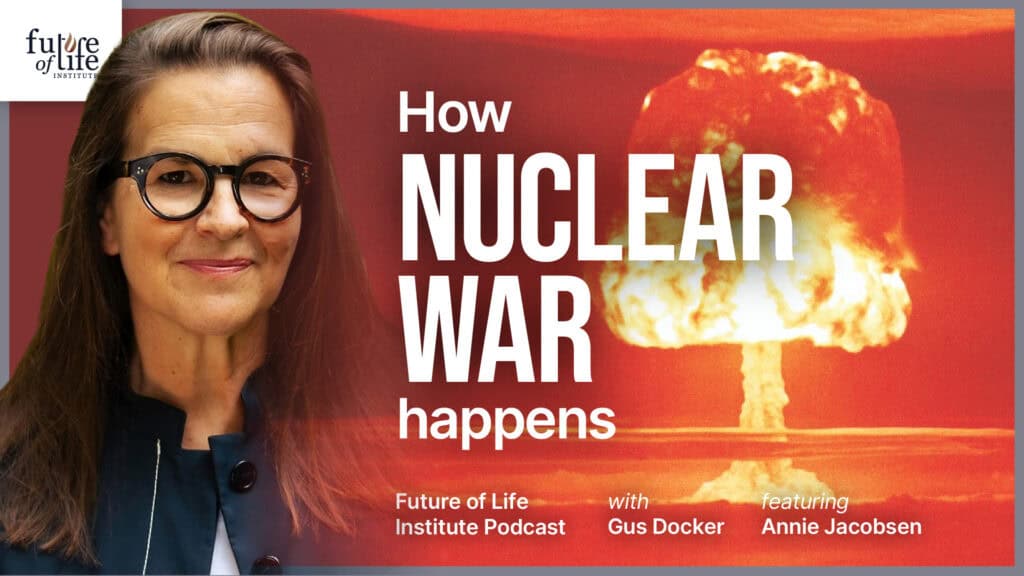Success for Cluster Munitions Divestment

Contents
“Great news!” said Don’t Bank on the Bomb’s Susi Snyder in a recent blog post, “American company Textron has announced it will end its involvement with cluster munitions.”
This decision marks a major success for those who have pushed for a cluster munition divestment in an effort to stigmatize the weapons and the companies that create them. As Snyder explained later in her article:
“PAX and campaigners active in the Stop Explosive Investments campaign have engaged tirelessly with many investors over the years to urge them to cease their financial support of Textron. This article’s analysis suggests that pressure from the financial sector has had an effect:
‘A Couple of Hidden Positives: On the surface, yesterday’s announcement seems like a non-event, but we come away with two observations that we think investors shouldn’t overlook. First off, we note that SFW served as a product that limited the “ownability” of TXT shares among foreign investment funds, due largely to interpretations of where TXT stood vis-a-vis international weapons treaties. Arguably, the discontinuation of this product line could expand the addressable investor base for TXT shares by a material amount (i.e. most of Europe), in an industrial vertical (A&D) where investable choices are slim but performance has been strong over the years.’”
Stop Explosive Investments wrote a more detailed post about Textron’s announcement:
“US company Textron announced it will end its involvement with cluster munitions. It produced the Sensor Fuzed Weapon (SFW), which is banned under the 2008 Convention on Cluster Munitions (CCM). This good news comes a few days before the Sixth Meeting of States Parties to the Convention on Cluster Munitions in Geneva next week.
“Over the years, CMC-member PAX has identified Textron as a cluster munition producer in the “Worldwide Investments in Cluster Munitions; a shared responsibility” report. The 2016 update revealed that worldwide, 49 financial institutions had financial ties to Textron, with a total of US$12370,83 million invested.
“‘Campaigners active in the Stop Explosive Investments campaign have engaged tirelessly with many investors over the years to urge them to cease their financial support of Textron’, says Megan Burke, director of the Cluster Munition Coalition. ‘The company’s decision to end their cluster munition production is a great success for all of us working for a world free of cluster munitions.’
“Research by Human Rights Watch and Amnesty International showed that Textron’s Sensor Fuzed Weapons were used in Yemen by the Saudi-led coalition. On 27 May 2016, the United States government blocked the transfer of these Sensor Fuzed Weapons to Saudi Arabia because of concern at the use of cluster munitions in or near civilian areas. Now, Textron decided to end the production of these weapons all together. The company cites a decline in orders and ‘the current political climate’ as motivation, an indication that the CCM is the global norm and that the stigma associated with cluster bombs is ever-growing.
“Pressure from the financial sector has likely also impacted this decision. As a financial analyst explains in this article: ‘[…] interpretations of where Textron stood vis-a-vis international weapons treaties’ meant many (European) investors had excluded the company from their investment universe. Suzanne Oosterwijk from PAX: ‘Such exclusions send a clear message to companies that they are not acceptable business partners as long as they are involved in the production of cluster munitions.’
“Since the launch of the Stop Explosive Investments campaign dozens of financial institutions have installed policies to disinvest from cluster munition producers, and 10 states have legislation to prohibit such investments.
“On Tuesday 6 September during the Sixth Meeting of States Parties, the CMC and PAX will hold a side event on disinvestment form cluster munitions and will urge more countries to ban investments in cluster munitions producers.”
The success seen from cluster munitions divestment provides further evidence that divestment is an effective means of impacting company decisions. This an encouraging announcement for those hoping to decrease the world’s nuclear weapons via divestment.
About the Future of Life Institute
The Future of Life Institute (FLI) is a global think tank with a team of 20+ full-time staff operating across the US and Europe. FLI has been working to steer the development of transformative technologies towards benefitting life and away from extreme large-scale risks since its founding in 2014. Find out more about our mission or explore our work.
Related content
Other posts about Nuclear, Recent News

The U.S. Public Wants Regulation (or Prohibition) of Expert‑Level and Superhuman AI

Poll Shows Broad Popularity of CA SB1047 to Regulate AI


